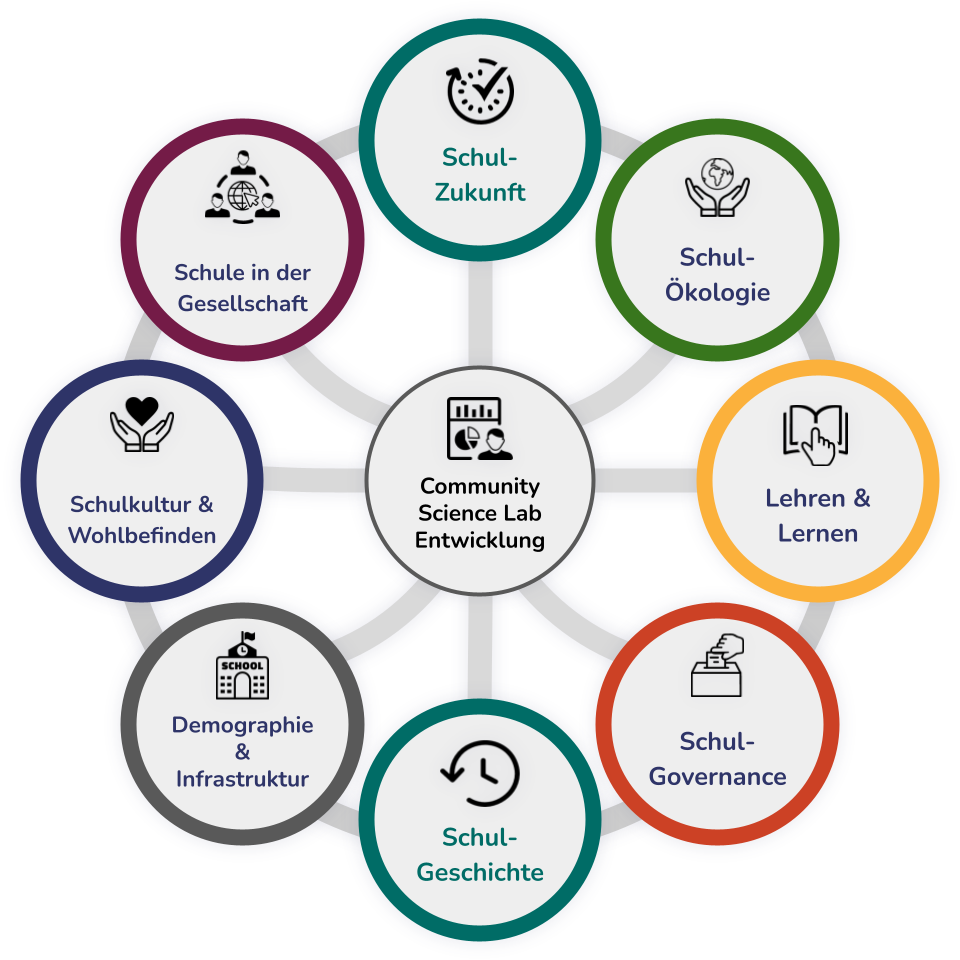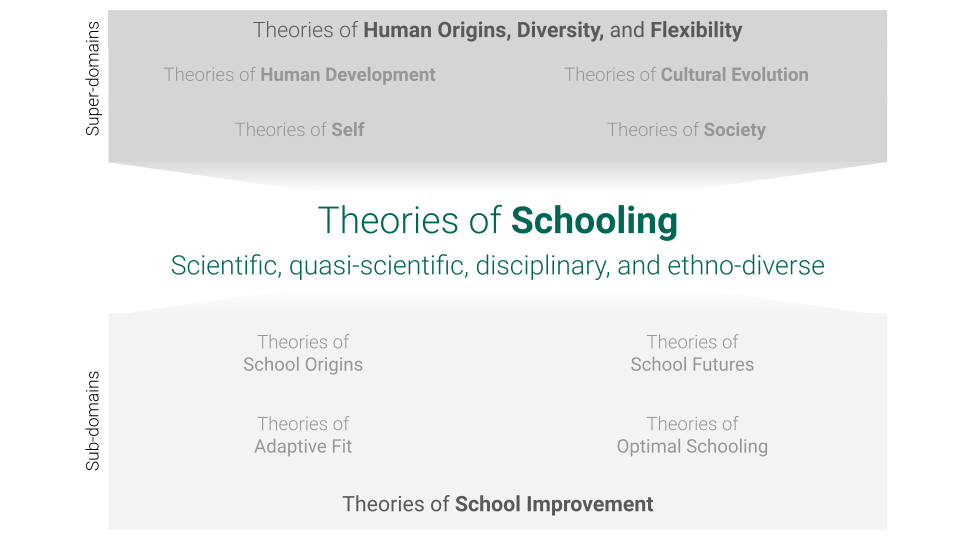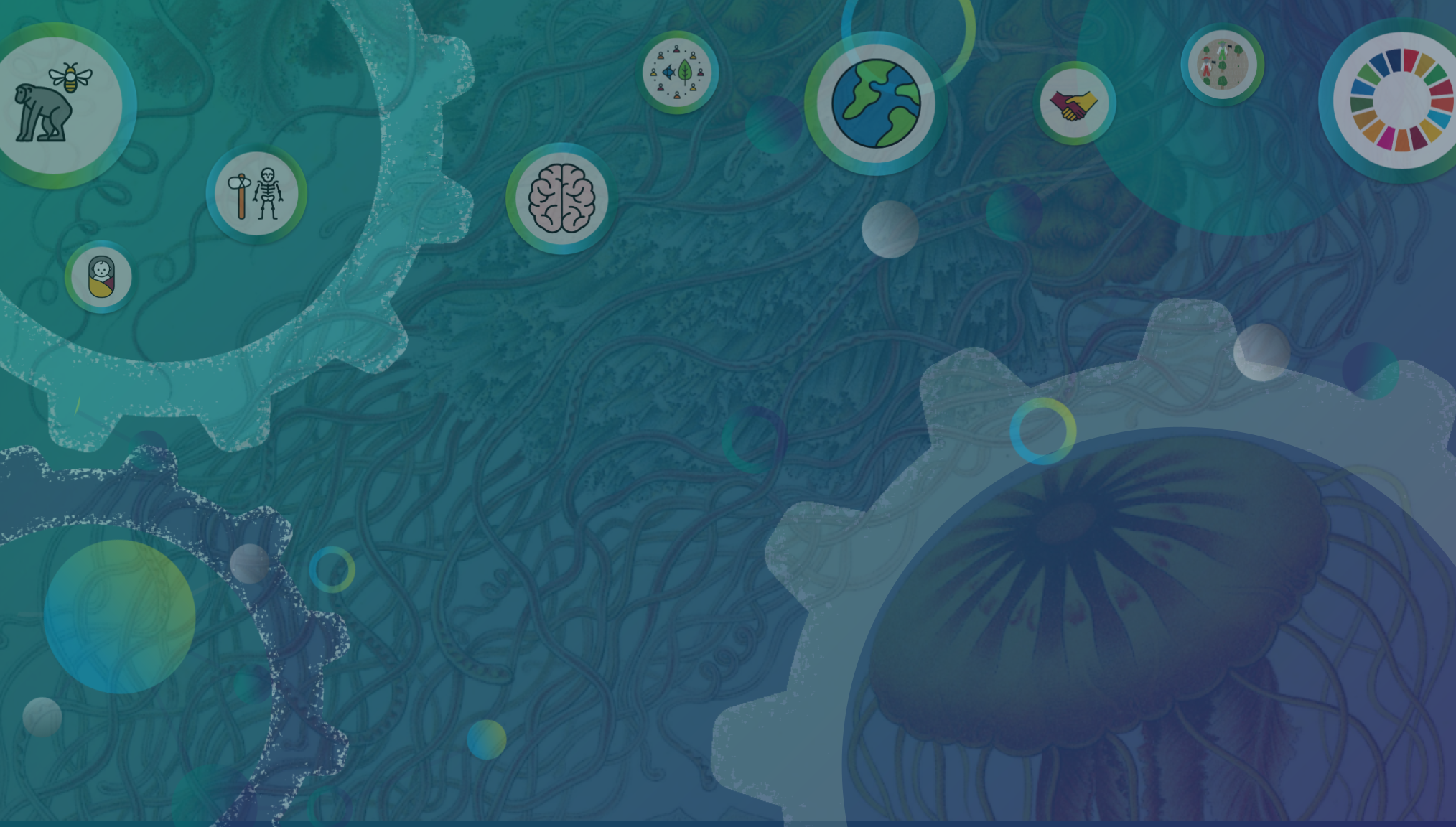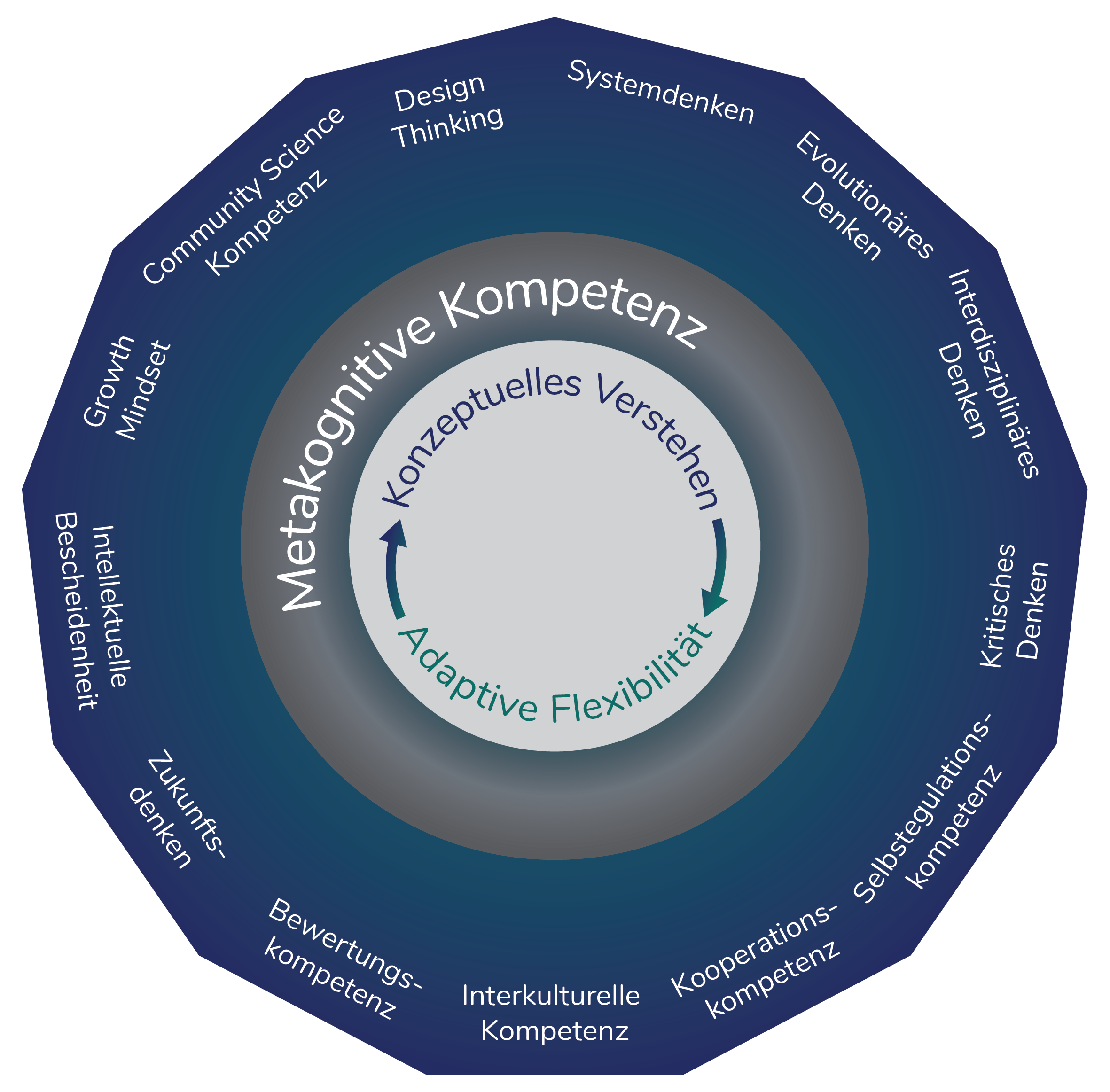Schools as Field Sites
Part of our Community Science Lab model involves the active development of conceptualizing schools as field sites for community-based cultural evolution.
In evolutionary biology, ecology, and diverse disciplines across the human sciences, there is a long tradition of conceptualizing places of scientific interest as „field sites“ for research and understanding. Sometimes, perhaps often, this has resulted in scientists studying human communities from the outside in.
In OpenEvo, we think about the concept of field sites differently. We work to advance a community-based model of field site research that is useful for everyone involved in school improvement and/or sustainable development.
Schools can serve as community-based field sites for understanding the development of:
- Healthy school cultures for valued outcomes
- Scientifically adequate and adaptive understandings of self and society
- Valued collaborations in understanding and improving the community and world beyond the school
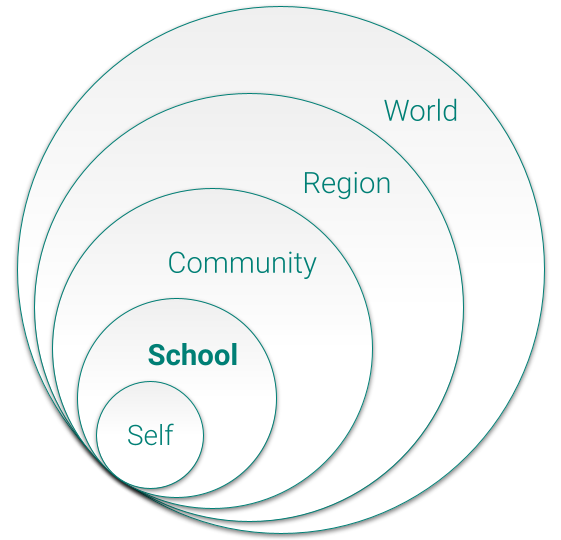
In this context, thinking about schools as community-based field sites represents a novel interdisciplinary focus for participatory school improvement initiatives.
Importantly, however, this means school communities need supports in thinking about their own freely chosen identity as a field site for creating the conditions for valued human development and sustainable development outcomes.
We are developing training and teaching materials for secondary school students!
Follow the link above to explore our introductory training model for developing your own school-based Community Science Lab!
In development in English and German.
Learn more
Through our Community Science Lab Model, we focus on the collaborative use of scientific methods to help schools better understand and inform the cultural evolution of cooperation and well-being in their own communities. It is an approach to youth empowerment that works to bridge our evolutionary past with our preferred futures on issues that matter to students and their communities. Learn more about the elements of our model in the pages below.
Read our chapter on our community science lab model for more on the concept of Schools as Field Sites.

